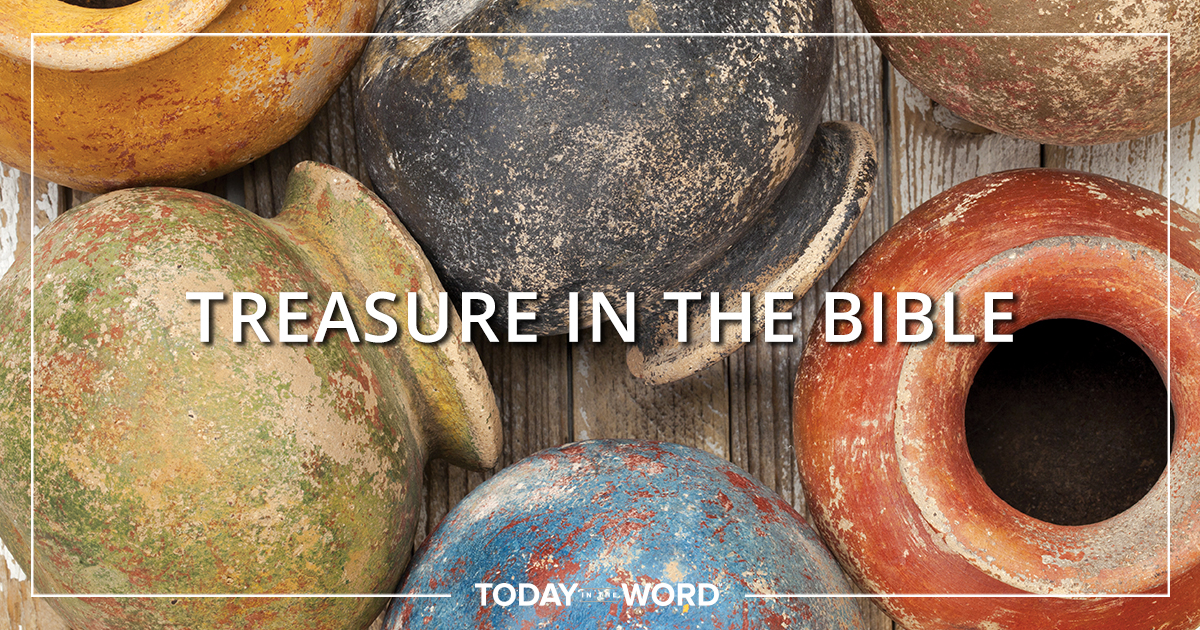

Sharing the Divine Nature | Practical Theology
- June 2019 Issue
We often store things that are precious to us in a safe place. But according to the apostle Peter, we have the treasures of our Christian life in the Word of God. According to 2 Peter 1:4, God's glory and goodness have provided believers with "very great and precious promises" that enable us to "participate in the divine nature." The clue to understanding what Peter means by this is in the phrase that follows: "having escaped the corruption in the world caused by evil desires."
God's Word promises that Jesus Christ will deliver us from the corruption of sin. This deliverance begins with forgiveness. Jesus redeemed us by shedding His precious blood on our behalf (1 Peter 1:19). His sacrifice opened the door for an entirely different kind of life. Not only did He free us from the guilt of sin, but through His death and resurrection Jesus Christ has given us power over sin through the Holy Spirit. This is what Peter means when he says that Christians"participate" in the divine nature. He does not mean that we become gods ourselves. Rather, we become like God. We are enabled to live a life that reflects God’s holy nature. The Greek word translated "participate" in 2 Peter 1:4 means to share or have fellowship with someone.
Humanity was created in God's image (Gen. 1:26). Although we still reflect that image, it is damaged. Human desire has been so corrupted by sin that even when we want to do what is right, we instead often do what we hate (2 Peter 2:10; cf. Rom. 7:15). The redeeming work of Jesus Christ restores our capacity to obey God.
The saving work of Christ does not immediately remove our capacity to sin. Instead, it provides us with the grace to say yes to God through the power of the Spirit. The apostle Paul describes this change as becoming a "new self" or new person (Eph. 4:24).
This fundamental change results from our relationship with God. When we belong to Christ we have fellowship with God. And that changes our way of thinking. God's precious promises show us how to live a new life. Through God's empowering grace, our lives share the characteristics of God's holy nature.
To learn more about new life in Christ, read How to Begin the Christian Life by Dr. George Sweeting (Moody Publishers).




